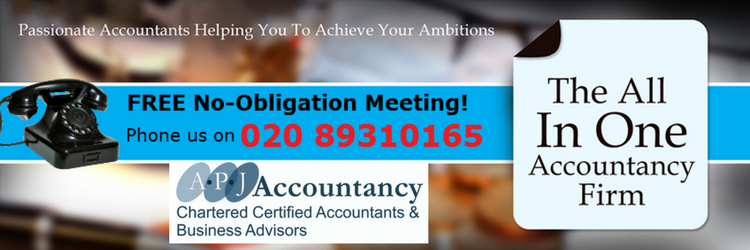The new generation of professionals is concerned about corporate social responsibility (CSR) and wants to work for ethical businesses.
The ethics of any firm are determined by its actions. If bending the rules results in rewards for some people as a result of increased short term revenue, or other perceived benefit, then many in the business will rightly believe that ethics don't matter, performance does. In other words, the end justifies the means. There will almost always be a tension between doing the right thing versus prioritising short term gains.
Here are some tips to help you to build a more ethical business.
1. Be someone who you would want to discuss business with
If someone has a history of unethical behaviour, you will probably decline the opportunity of doing business with them. Sacrificing ethics usually means that someone (a supplier, for example) is getting a rough deal. Do you want your firm to be associated with this type of behaviour? Is it worth the potential reputational damage?
2. Accountability
Everyone in the business should be accountable for their actions. Management should lead by example and should own their mistakes as well as their successes, earning the respect of staff. Unethical behaviour should not be tolerated.
3. Values
Business leaders must take time to understand their own personal values and those of the team, what the value statements of the firm should be and identify gaps that exist between aspirational goals and current behaviour. To ensure buy-in and commitment from the whole firm, try to include members from various levels across the business to help create a "Code of Conduct" that is aligned with the firm’s ethical vision.
4. Establish Trust
Build an environment of trust with employees in order to create a business culture where employees feel free to discuss ethical dilemmas and issues with management.
5. Communicate
The management team should ensure that the vision and code of conduct are communicated to everyone within the business. This can be done through policy manuals, training, internal newsletters, team meetings, etc. Efforts must be made to gather feedback from across the business in order to identify employee concerns regarding the ethical environment within the firm. This should be a continuous improvement process to identify concerns and improve the overall ethical direction of the firm.
APJ Accountancy
☎ 020 89310165 | ☏ 07900537459 | ✉ info@apjaccountancy.com





